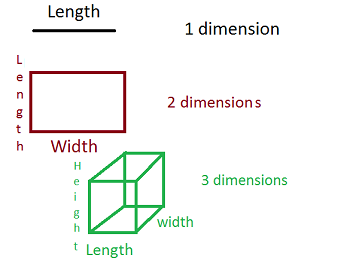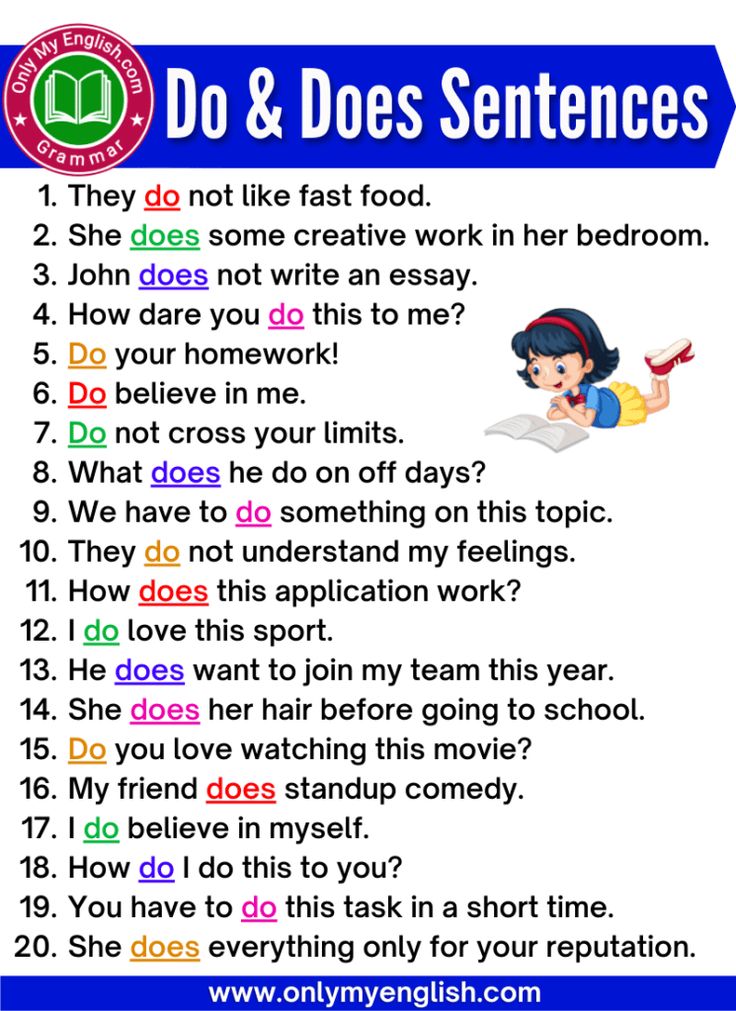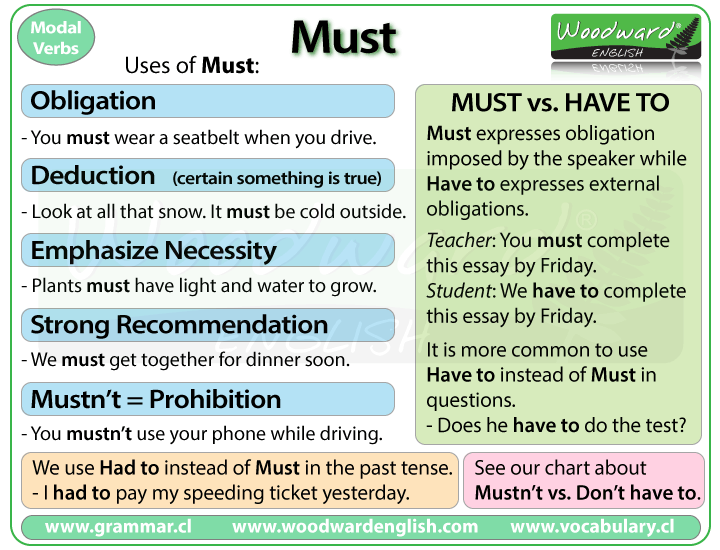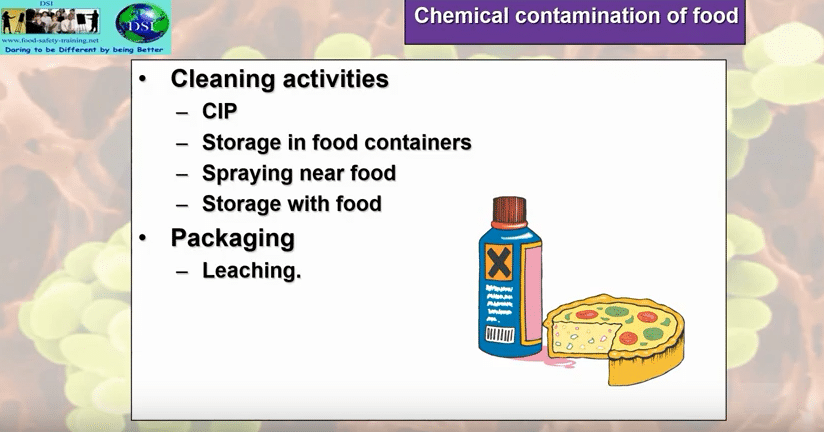Unlocking Success: The Three Main Goals of Marketing for Business Growth
Introduction
Marketing is the driving force behind business growth, brand visibility, and sustainable profitability. Whether you are a startup founder, a seasoned marketer, or a business owner, understanding the three main goals of marketing is essential to building effective campaigns and long-term success. These goals- capturing attention , educating prospects , and converting leads -provide a strategic foundation for every marketing initiative [1] . This article explores each goal in depth, outlines actionable steps, and highlights real-world examples to help you apply these principles to your own business.
Goal 1: Capture Attention
Capturing attention is the first and most critical step in any marketing strategy. In a crowded digital marketplace, consumers are bombarded with thousands of messages daily. To stand out, your marketing must be designed to attract and engage your ideal audience from the outset [1] .
Detailed Explanation: Attention is a finite resource. Successful marketers use creative visuals, compelling headlines, and targeted messaging to break through the noise. This involves understanding your audience’s pain points and preferences, then crafting content and campaigns that speak directly to their needs.
Real-World Example: Consider a new eco-friendly food delivery service entering a competitive market. By creating a visually striking ad campaign that highlights its unique sustainability commitment, the brand draws initial interest from environmentally conscious consumers [5] .
Implementation Steps:

Source: clipartmag.com
- Identify your target audience through market research and data analysis.
- Develop creative assets (images, videos, headlines) tailored to your audience’s interests.
- Leverage digital channels such as social media, search engines, and display ads to amplify reach.
- Monitor metrics like impressions, click-through rates, and engagement to refine your approach.
Potential Challenges & Solutions: Challenge: Oversaturation in digital advertising. Solution: Focus on highly targeted campaigns and personalized messaging to differentiate your brand.
Alternative Approaches: Some businesses use influencer partnerships or experiential events to capture attention more authentically. Others invest in SEO to ensure their brand appears in relevant searches [3] .
Goal 2: Educate Prospects
Educating prospects helps potential customers understand your value proposition and builds trust in your brand. Effective education turns curiosity into informed interest and nurtures leads toward making a decision [1] .
Comprehensive Explanation: Education in marketing involves sharing relevant, insightful, and actionable information that addresses your audience’s questions and concerns. This could include blog posts, webinars, case studies, product demos, or FAQ sections.
Example: A software company launches a series of video tutorials showing how its platform solves specific business challenges. By demystifying the technology and demonstrating real benefits, the company builds credibility and keeps prospects engaged [3] .
Step-by-Step Guidance:
- Develop content that addresses the key needs, pain points, and objections of your audience.
- Use multiple formats-written articles, videos, infographics, and podcasts.
- Offer live Q&A sessions or webinars to engage prospects directly.
- Ensure all educational content is easy to find on your website and social channels.
Challenges & Solutions: Challenge: Information overload. Solution: Curate and structure educational materials for clarity and relevance. Focus on solutions rather than features.
Alternative Pathways: If you cannot provide in-depth resources, consider pointing users to reputable third-party reviews or industry publications for additional learning.
Goal 3: Convert Leads
Converting leads is the ultimate objective of marketing-turning interest and education into action, whether that means a purchase, sign-up, or other desired outcome [1] . Effective conversion strategies rely on timing, trust, and a frictionless experience.
In-Depth Explanation: Conversion is more than closing a sale. It’s about guiding prospects through a journey that ends in a meaningful interaction with your business. This process can include free trials, demos, consultations, or incentives.
Case Study: An online retailer uses a targeted email campaign to offer personalized discounts and product recommendations. By addressing individual preferences and providing a limited-time offer, the retailer boosts its conversion rate by 20% [3] .

Source: openclipart.org
Implementation Steps:
- Optimize landing pages for clarity and ease of use.
- Use clear calls-to-action (CTAs) that guide users toward the desired outcome.
- Employ retargeting and follow-up communications to nurture leads.
- Analyze conversion data to identify and address bottlenecks in the process.
Challenges & Solutions: Challenge: Abandoned carts or incomplete sign-ups. Solution: Implement automated email reminders, simplify the checkout process, and offer support via live chat.
Alternative Approaches: For service-based businesses, conversions may involve scheduling a consultation or requesting a quote. Providing easy access to contact forms and responsive support is critical for these pathways.
Comprehensive Guidance for Accessing Marketing Services and Opportunities
If you’re seeking professional assistance to achieve these marketing goals, you can:
- Contact reputable marketing agencies-use search terms like “top digital marketing agencies” or “inbound marketing experts” in your preferred search engine.
- Consult your local chamber of commerce for recommended service providers.
- Look for official business directories or industry associations to find specialists in your area.
- For online marketing platforms, visit established resources such as HubSpot, Salesforce, or Google Marketing Platform (all have accessible official websites).
For those interested in government-supported business advice or grants, search the Small Business Administration’s official website or consult regional business development offices. Avoid relying on assumed or unofficial web addresses; always verify legitimacy before sharing personal information.
Key Takeaways
Mastering the three main goals of marketing-capturing attention, educating prospects, and converting leads-will empower your business to grow sustainably and outpace competitors. By applying these principles and leveraging the actionable steps provided, you can build robust marketing strategies that deliver measurable results and lasting impact.
References
- [1] Analytico Digital (2021). The Three Purposes of Marketing.
- [2] Workamajig (2024). Marketing Goals & Objectives: Setting & Achieving Them.
- [3] Smartsheet (2024). 53 Smart Marketing Objectives & Goals with Cheatsheet.
- [4] Collabry (2025). Avoid the Road to Nowhere: Three Marketing Campaign Goals.
- [5] GalacticFed (2022). Three Marketing Goals to Take Your Business to the Next Level.
MORE FROM eboxgo.com













